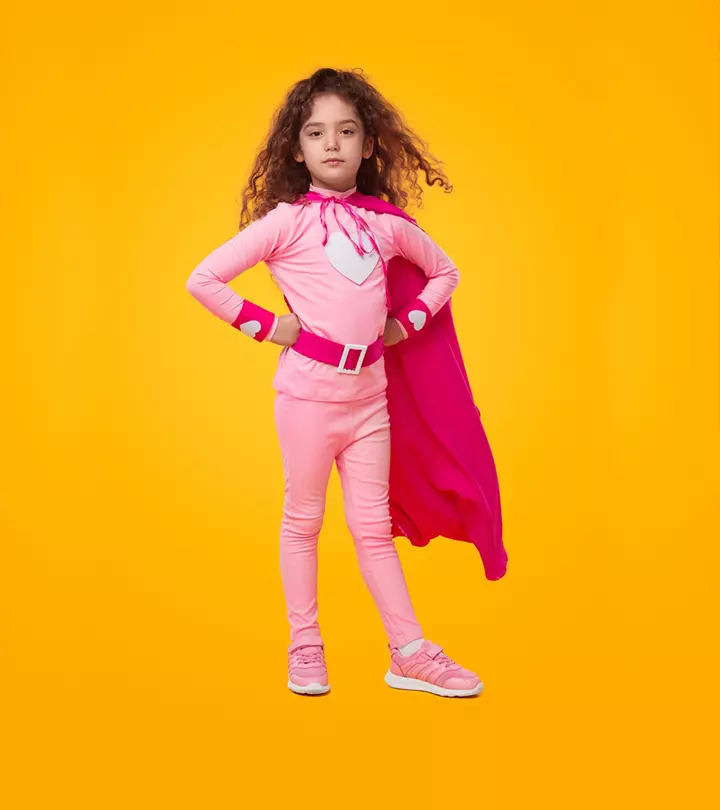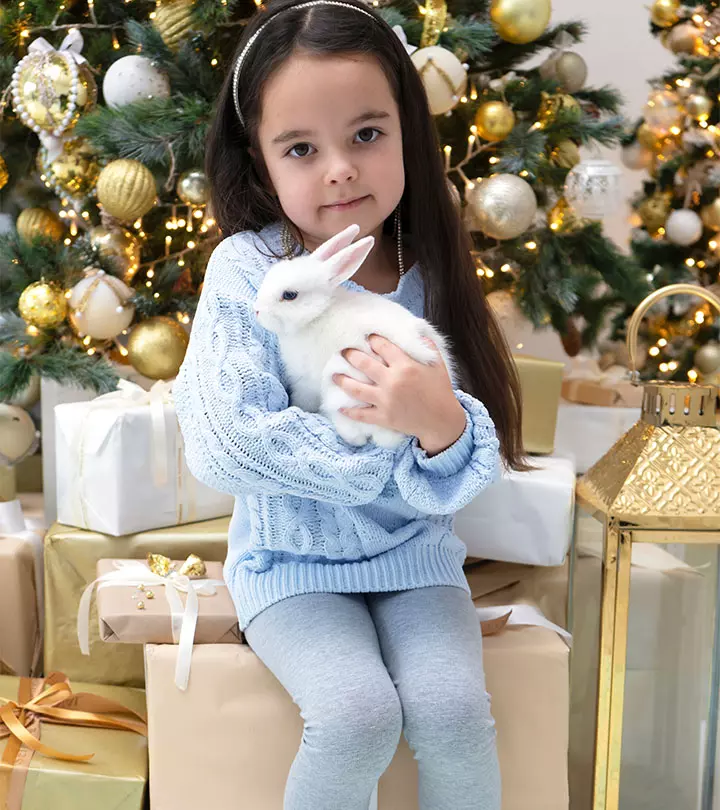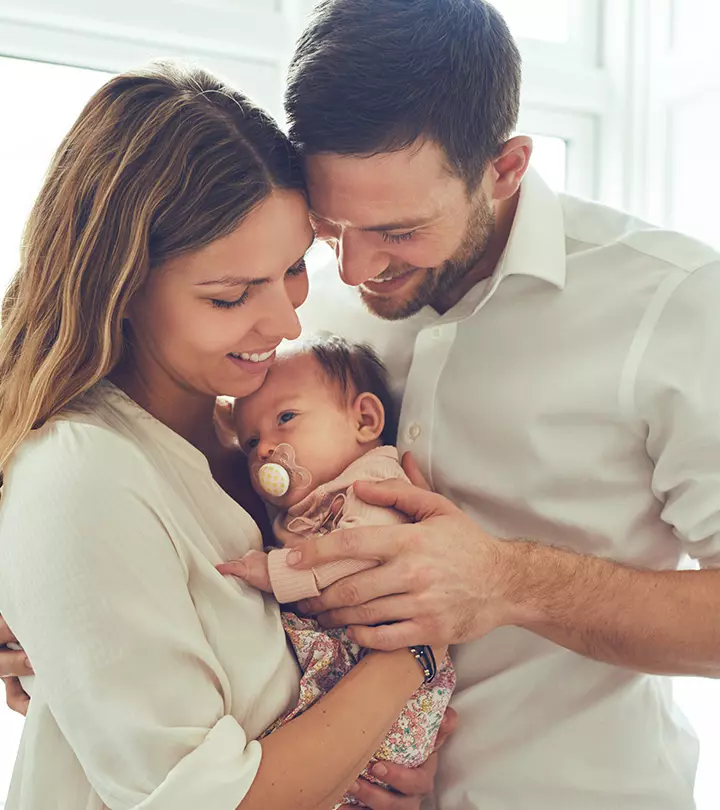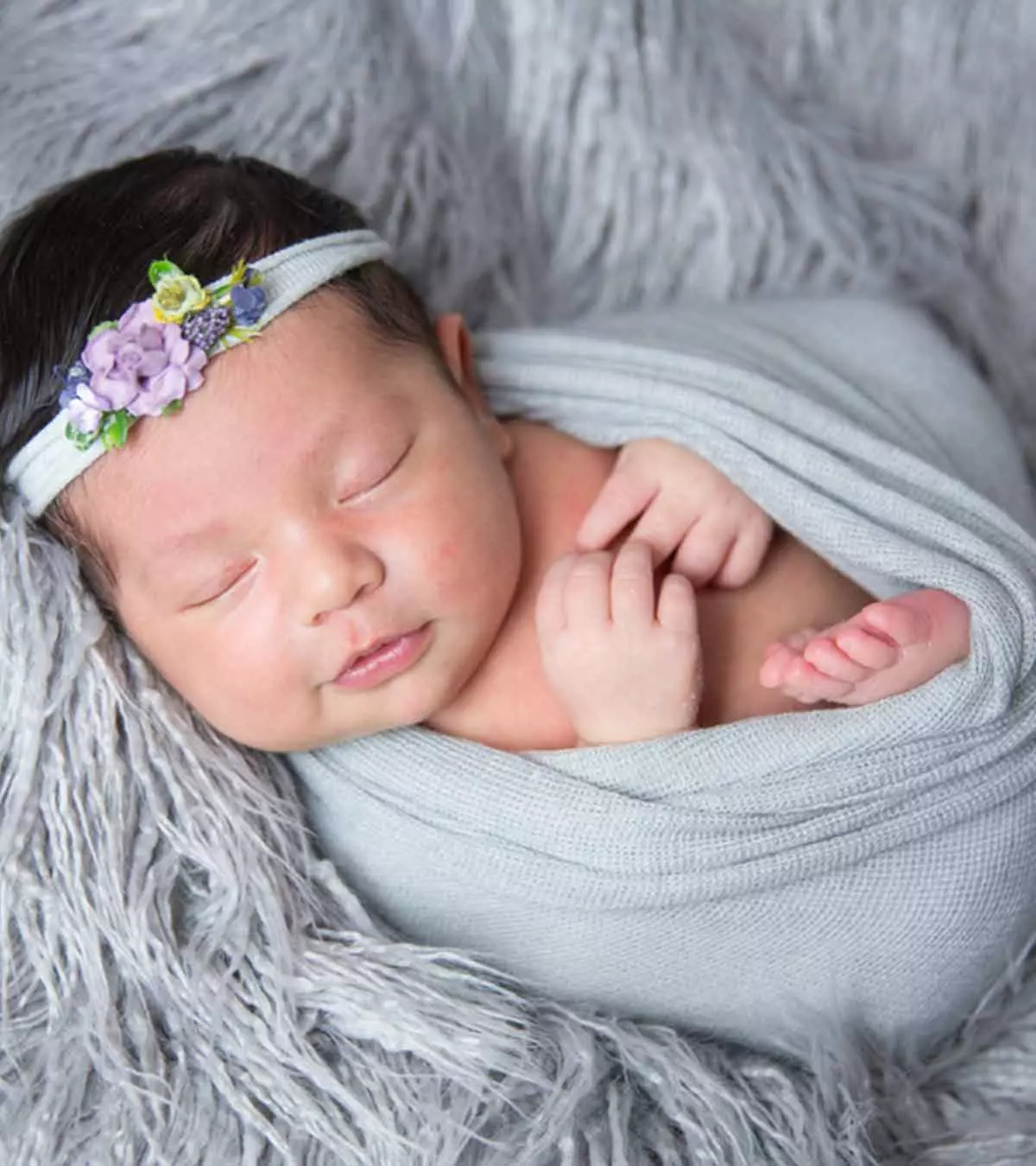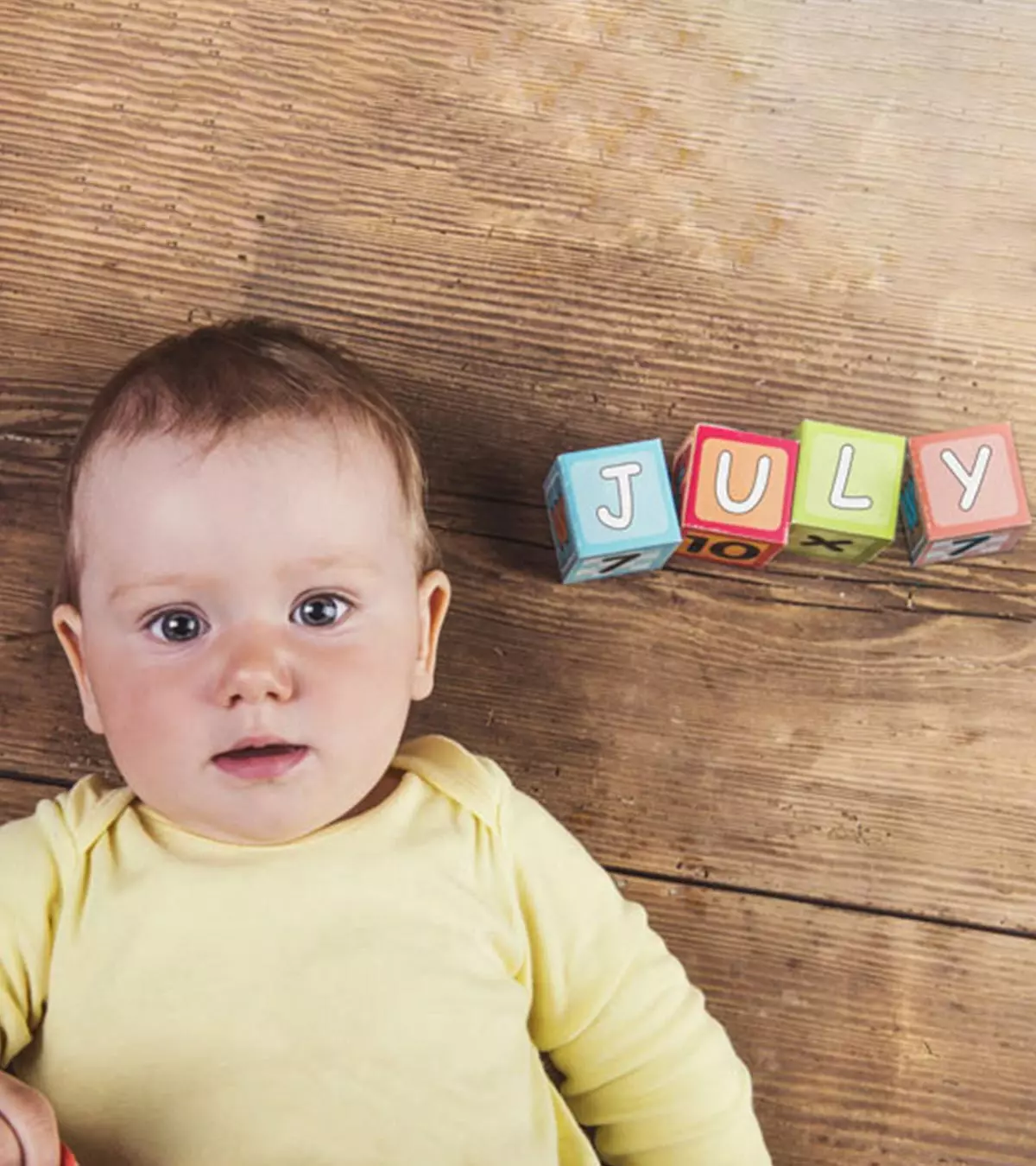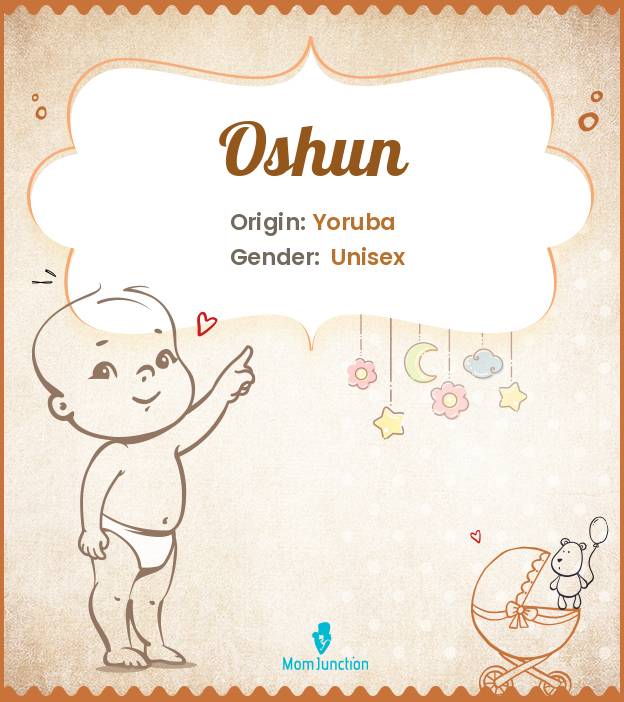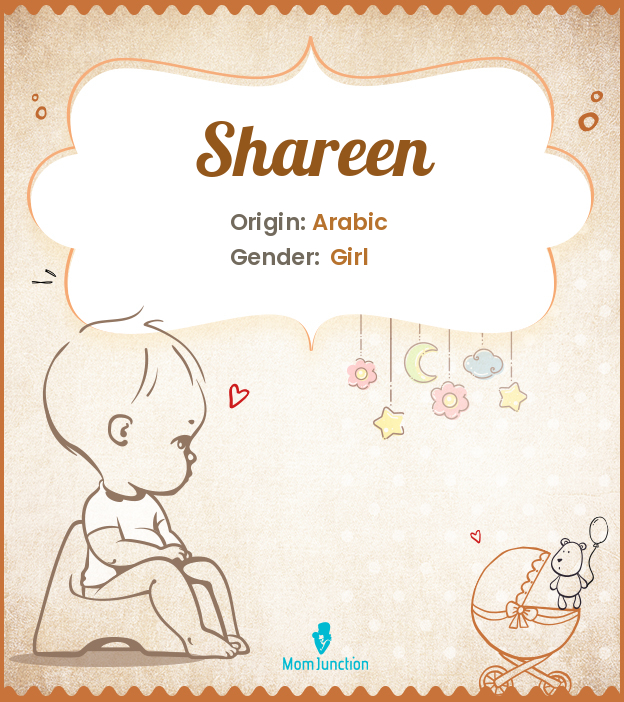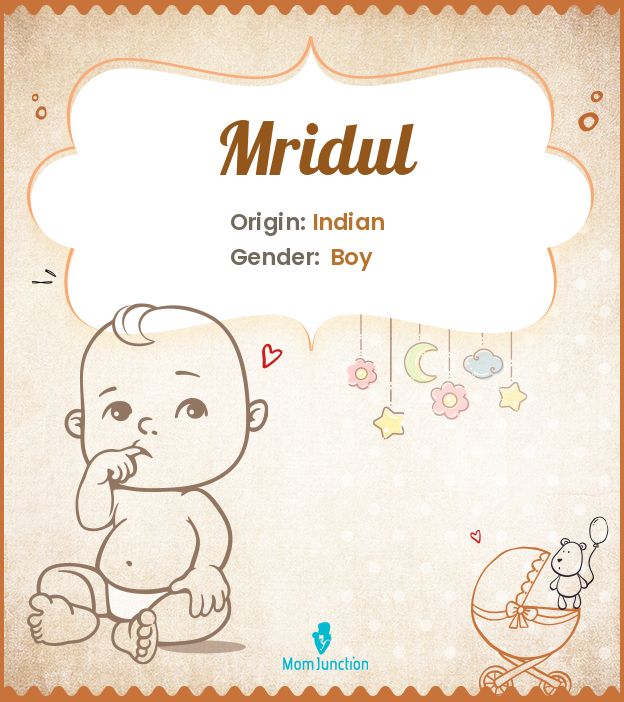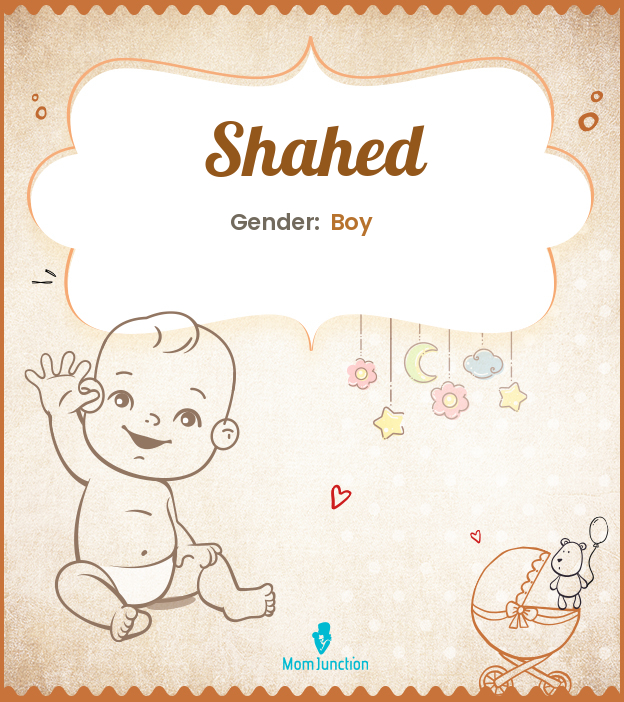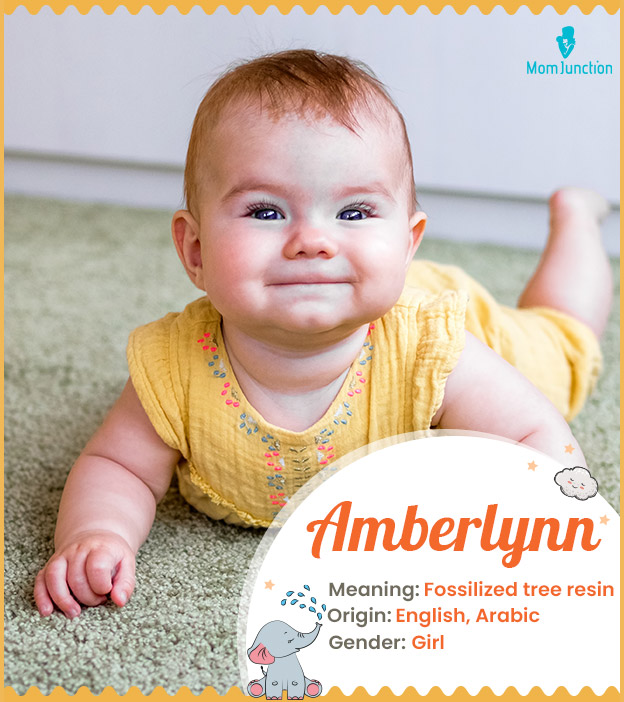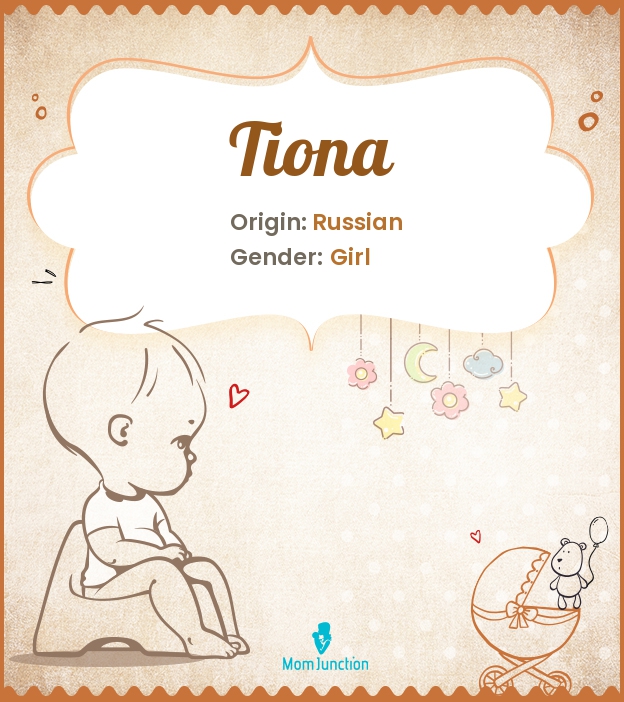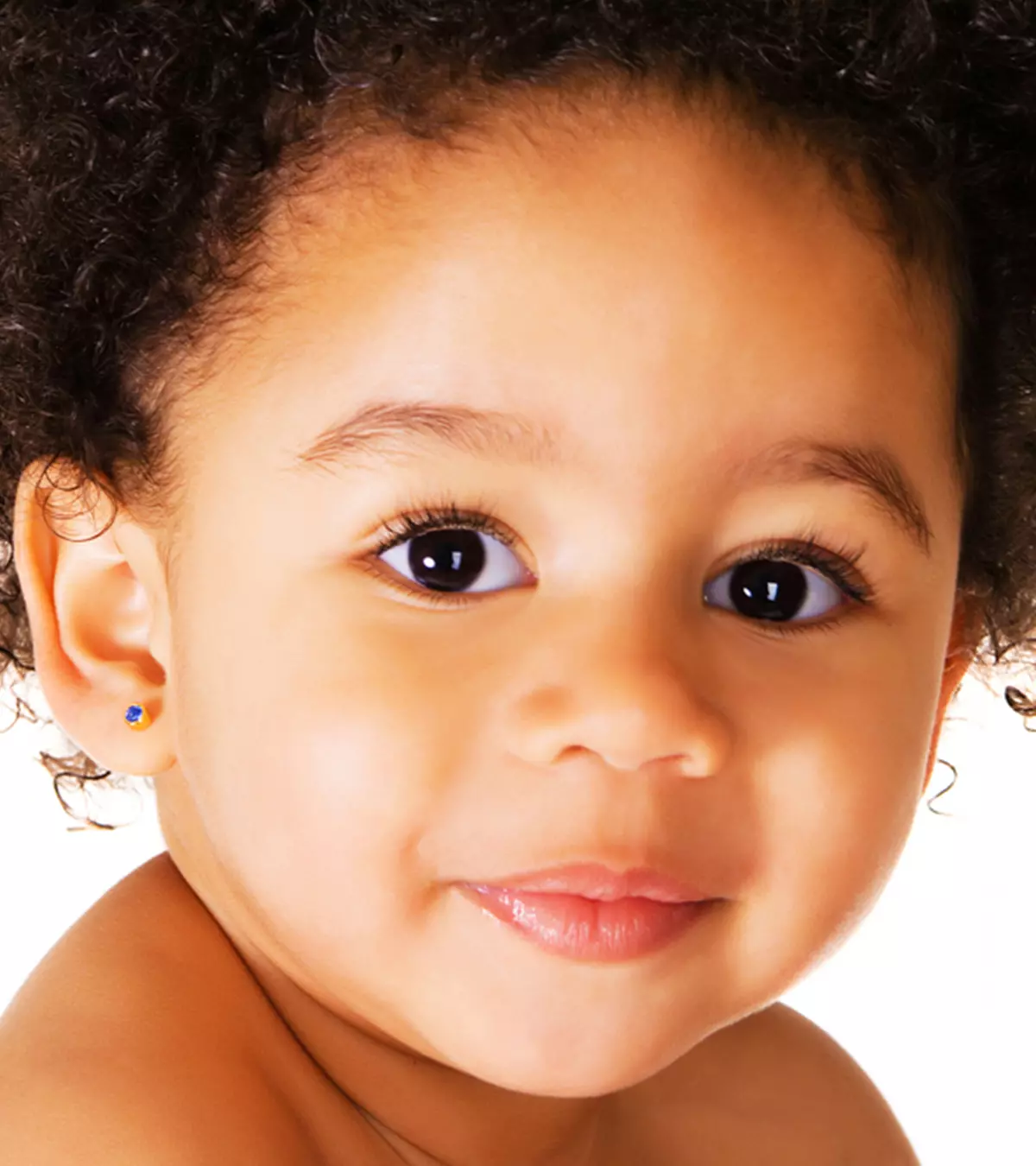
Image: Shutterstock
The continent of Africa is home to more than 3000 major communities with mixed languages and civilizations. Like any other culture, there are African God and Goddess names, inspired by their deities and heritage. Every tribe has mythological traditions, and folk tales scripted in a language or passed down across generations orally. Usually, the characters illustrated in these scripts are powerful, honored, and worshiped as gods by people who believe in them. If you believe in the deity and are interested in naming your baby after them, browse through this post as we present a collection of unique names inspired by African gods and goddesses. Anyone bearing these names will surely feel a connection to the divinity and the continent’s rich heritage and tradition.

100 African God And Goddess Baby Names
The continent of Africa is home to numerous tribes, and each of these tribes has as many gods and goddesses. African god and goddess names represent elemental forces, fertility, creation, war, destruction, and everything in between. If you wish to use the names of one of these deities as inspiration for your child’s name, read on and choose the one that honors your values, culture, and family traditions.
African God Names For Boys
African god names for baby boys range from simple, like Eshu and Geb, to complex, like Amadioha and Neiterkob. Regardless, they are all distinctive choices. Read through each name’s connotations and history before you come to a decision.
1. Abassi
Abassi, whose name means ‘a divine being who always and will always be forever,’ is revered among the Efik, Ibibio, and Annang tribes of Nigeria and is considered the zealous god of Efik (1). People believed that death and evil were brought upon mankind by Atai (Abassi’s wife) after the first man and woman were sent to Earth for settlement. They disobeyed Abassi conditions not to grow crops and not procreate. Abassi is pronounced as ab-bahsi.
2. Abora

Abora is worshipped by the Guanche community of the Canary Islands and is pronounced as ab-o-ra. He is considered the god of sun and light and his name means ‘seed’ or ‘sorghum.’
3. Adroa
The creator of the first man (Gborogboro) and the first woman (Meme), Adroa was worshipped by the Lugbara people of Central Africa as a supreme God. Adroa is invisible but appears to those who are close to death. The name is pronounced as aadh-roa and means ‘God in the sky.’
4. Aganju
Aganju was a Yoruba fighter and king of the Oyo empire. He was strongly associated with Shango, and believed to be his nephew. Just like Shango, Aganju was elevated to the level of a deity, also called an Orisha. He is a god of volcanoes.
5. Aiwel
People from Bor and Dinka tribes believed Aiwel Longer to be their ancestor (1). Born from a water spirit and a human mother, he was blessed with divine powers. It is pronounced as aaih-well.
6. Amadioha
The Igbo people of southeastern Nigeria believe Amadioha to be the god of justice, who communicates with lightning and thunder (2). ‘Amadioha’ translates to ‘free will of the people.’ He governs the Sun, is red, and symbolized with a white ram.
7. Anansi
Originating from the Asante people of Ghana, Anansi is an Akan folktale character, popular in West African and Caribbean folklore. Anansi translates to ‘spider.’ He is a cunning trickster who takes the form of a spider and is known as the god of stories (1). Anansi is pronounced as ah-nan-shi.
8. Anubis
Anubis is the god of the afterlife who the Egyptians worship and is pronounced as a-new-bis. He judges the heart of the dead and decides whether to lead them to eternal bliss or eternal doom (3).
 Trivia
Trivia9. Arebati
The Efe people of the Democratic Republic of Congo believe Arebati to be the creator of humankind and the world (4). He is the God of the skies. The myth says that he created the first human from clay with the help of the moon. Arebati is pronounced as aa-ray-ba-ti.
10. Babalu-Aye
A deity among the Yorubas of Nigeria and Benin, Babalu Aye is considered a hardworking God who is always busy trying to stave off infections and diseases. Because of his selfless work, people often offer wine and fruits in his name. The name is pronounced as ba-ba-lu aye.
11. Chuku
The Igbo tribe of Nigeria has great reverence for Chuku (pronounced as choo-kooh)—a powerful god who created the Earth from his mind and deemed that humans should rule over it (5). It is also believed that he takes the form of a sheep to warn humans of impending doom.
12. Dedun
Dedun (pronounced as deh-done) is the Nubian god of prosperity and wealth. The tribes worshiping him are mostly from Egypt and Sudan. He is also known as Dedwen (4).
13. Denka
Denka, pronounced as din-kah, is the god of fertility for the Dinka community of Sudan. He is also associated with the sky and rain.
14. Duamutef
The Egyptian God Duamutef is considered a protector of the canopic jars used by ancient Egyptians to preserve the organs of dead people (6). He was the son of the God Osiris, and his name is pronounced as dow-mee-teff.
15. Eshu
Eshu is essentially the messenger between heaven and the Earth—the Gods and the people. He is a deity of the Yoruba people of Nigeria, and he carries the sacrifices that people have to offer to the gods in heaven (1). This trickster is known as cunning, and his name is pronounced as ee-shoe.
16. Geb
Gebis (pronounced as jebb) is the Egyptian god of germination and a mythological member of the pantheon of Gods. It is believed that his laughter created earthquakes (4).
17. Ggulu
Considered to be the sky god by the people of Uganda, Ggulu is the creator of all things in heaven as per the Gandan creation myth. According to legends, he rewarded his daughter to Kintu, the first human on Earth, and gave her the basic materials to start life in Uganda. It is pronounced as gu-gu-luh and its rich history makes it one of the popular Ugandan names for babies.
18. Imana
Imana is a creator deity worshipped by Banyarwandas, Tutsi, and Hutu people from Rwanda and Burundi. He is believed to have created the first man, Kihanga, and he is symbolized by a young ram or lamb (4). Imana is pronounced as ee-maan.
19. Kaang
A creator god of the San (Bushmen) people of South Africa, Kaang is said to have received opposition in the world that he sent destruction and death to the Earth in a fit of anger (7). Kaang is pronounced as kah-ng.
20. Katonda
Father of all Gods living in heaven, Katonda (pronounced as ka-ton-duh) is believed to be the creator of the first human ‘Kintu.’ This king and judge of the universe is worshipped by the Buganda people from East Africa who are, in present times, settled in Uganda.
21. Kibuka
Kibuka is a war god for the Baganda people of Uganda. He was sent by his brother to help and assist King Nakibinge, who was constantly at war. He is known to disguise as clouds and then rain spears on the enemies (4). The name is pronounced as keh-boo-kah.
22. Kwoth
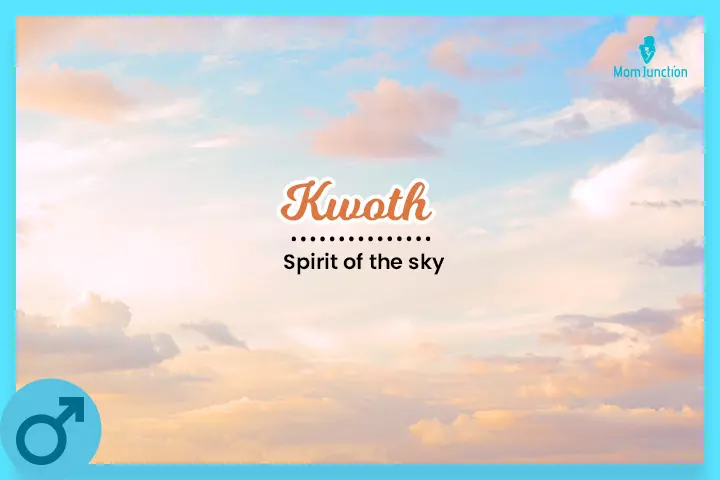
Kwoth, also known as the spirit of the sky, is the supreme creator god of the Neur people in South Sudan. In African mythology, Kwoth is revered as the one who created humans and also the one who has control over natural phenomena (4).
23. Lesa
Lesa, the creator god of the Bemba tribe from northeastern Zambia, controls the rain and the power of fertility given to flora and fauna. People collectively conduct rituals in times of distress to ask for help from Lesa (4). The name is pronounced as lee-sah.
24. Libanza
Libanza (lee-banj-ah) is the first man according to Boloki mythologies of the Democratic Republic of Congo. Born from a mother figure who gave birth to all animals on Earth, Libanza was believed to live under the River Congo and brought floods as punishment or prosperity (4). He was also considered to be the creator of the universe in Upoto mythologies.
25. Mebege
In the Central African Republic, the Fang people considered Mebege to be the supreme God of creation. The myth says that before creating the Earth, he was alone in the universe with only a spider, Dibobia, as a company (1). Mebege is pronounced as may-bay-gay.
26. Mukasa
In Buganda’s traditional religion, Mukasa is believed to be the chief of Balubaale (the group of gods in Buganda Pantheon). He dwells in lakes and is the God of prosperity, harvest, fertility, and health (4). The name is pronounced as moo-ka-sah.
27. Mulungu
Mulungu or Mungu is the one who watches over the Earth and his name is believed to come from the root meaning ‘to be rectified’ or ‘to make right.’ He is worshipped by the Nyamwezi people of Tanzania, East Africa as the supreme creator of everything (4). Mulungu is pronounced as muh-loong-uh.
28. Mwari
Also known as Inkhosi in northern and southern Ndebele, Mwari is God;’s omnipotent creation according to the Shona traditional religion that is concentrated in Mozambique, South Africa, and Zimbabwe. The name is pronounced as mu-wa-rhee.
29. Neiterkob
Neiterkob (pronounced as nhai-tehr-kob), a supreme being with high intelligence, was believed to be the messenger between humans and Enkai, the God of the people of the Maa community. These communities were prevalent in southern Kenya and northern Tanzania.
30. Nhialic
Nhialic, according to the native Dinka people of South Sudan, is the supreme creation of God (8). He dwelled in the sky and was the leader of the Dinka pantheon. Thunder and lightning were interpreted as signs of his presence on the Earth. Nhialic is pronounced as nhi-yamay.
31. Nyame
In the Akan language, Nyame means ‘omniscient, omnipotent sky God,’ the one who knows and sees everything. The Akan people of Ghana consider Nyame to be their God (4). The name is pronounced as nee-ya-meh.
32. Nzambi a Mpungu
The believers of this supreme creator God are spread across Central Africa, and other Kongo religions. Nzambi a Mpungu, simply known as Nzambi, was the creator of the Universe, and he is known to control natural happenings (4). The Kongolese name is pronounced jam-bee aa poong-gooh.
33. Nzame
The creator of the universe and everything in it, Nzame refers to a trinity of deities, namely Nzame, Mebere, and Nkwa. Mebere and Nkwa were in charge of creation’s male and female aspects, while Nzame managed the heavenly bodies (1). Nzame is followed by the Fang people residing in Equatorial Guinea, Gabon, and Cameroon and is pronounced as jah-meh.
34. Ogbunabali
Also known as the death deity, Ogbunabali is known to kill his victims in the night, primarily criminals and anti-social beings. Ogbunabali is pronounced as a-beu-naa-li.
35. Ogun
Ogun is commonly known as the God of iron and war for the Yoruba people from southwestern Nigeria. He is believed to be the pathfinder of all the deities. He is the spirit that everyone who works with iron equipment, such as hunters and farmers, looks up to (4). Ogun is pronounced as oh-goon.
36. Osanyin
Osanyin (oh-san-yen) is a one-eyed, one-legged, and one-armed deity of herbs and medicine worshipped by the Yoruba tribe of Western Africa.
37. Roog
In West Africa, Roog or Rog is identified as the supreme creator of the Serer religion of the Senegambia region. It is sacrilegious to make images of Roog, and so there is no place for his worship. The followers of the Serer religion worship Roog by praying through Pangools (ancient saints and spirits) (9).
38. Sagbata
Fon people are a tribal group residing in Togo and Benin. Fons consider Sagbata (pronounced as jahg-bata) to be the Earth god who supports all life (1). He is also associated with natural phenomena of rain, snow, hurricanes, and plant growth.
39. Shango
Shango was a warrior and a King among the Yoruba people of Nigeria. He later elevated to the levels of God, also called Orishas, and anointed as the ‘God of war and thunder’ (1).
40. Soko
The Nupe people of Nigeria consider Soko (pronounced as so-kow) as a supreme deity who can only communicate via spirits. Soko is a sky god, referring to the dark sky at the beginning of the rainy season (4). It is believed that the dead spirits are often unwilling to help humans in sending messages to Soko.
41. Tano

Tano, or Ta Kora, is the God of war and strife in both Agni and Ashanti mythologies of Africa. The Tano River in Ghana is named after him, and the name is pronounced as taa-now (10).
42. Thixo
Thixo is a deity revered by many South African tribes, especially among Xhosa and Ponda communities. He is the Sun god who is also attributed as the creator God. Thixo is pronounced as thee-sho.
43. Ungungi
Ungungi is a god of blacksmiths. Followers of the Zulu religion worship him. The name is pronounced as goo-joon-gi.
44. Waka
‘Waaq’ means ‘God’ in almost all East Cushite languages. The Cushitic-speaking people from Somalia and Oromo believe Waka, also known as Waaq, Waqa, or Waaqa, to be their supreme God according to their traditional religion (4). It is pronounced as wah-ka.
 Did you know?
Did you know?45. Were
The Luo people from Kenya worship Were (wehr-ay) as a godfather. He is portrayed as a benevolent God taking an interest in poetry, literature, and prayers. As a patient God, he is accepted as a father figure in the tales.
46. Wulbari
Based in today’s Togolese Republic, the Krachi people believed Wulbari to be their supreme creator God as per their traditional religion (1). The name is pronounced as wool-bahri.
47. Wuni
In Ghana, the Dagomba tribes worship Wuni (wuh-nee), an animal God. In folk tales, Wuni is said to be in charge of the creation of life.
48. Xevioso
Born from Mawu and Lisa, as per the Dahomey Mythology, Xevioso is the God of thunder of the So Region. The Dahomey people celebrated him for the rain he brought for the crops. Xevioso is said to give divine justice and the name is pronounced as jay-vi-oh-so (11).
49. Xu
Xu, pronounced as zoo, is the sky god of the Bushmen of South Africa. He is said to have created them and is a powerful healer who helps in times of turmoil.
50. Zanahary
The Malagasy people of Madagascar worship Zanahary (12). He is known to possess two sides to him, the earth and the sky side. The two sides are said to be at odds with each other and create calamities such as earthquakes, floods, and more. The name is pronounced as zha-na-haari.
African Goddess Names For Girls
African goddess names for baby girls are as unique as each tribe’s identity and traditions. You can choose more popular names, like Abena and Isis, or more obscure ones, like Inkosazana or Oduduwa for your little girl. Do ensure the name’s cultural and religious significance aligns with your values.
51. Abena
Abena or Abena Budu is the Goddess of the rivers, worshipped by the Effutu people from central Ghana (13). Her name means ‘born on Tuesday.’ She is said to be caring and protective towards her followers and treat them as her children. The deity is also associated with wealth symbols such as gold and brass. Abena is pronounced as ah-beh-nah.
52. Abuk
The mother to the God of rain and fertility, Abuk is the first and the only female deity in Dinka mythology in South Sudan. She is also considered the first woman, akin to Eve in the Bible (1). Also regarded as the Goddess of Gardens, Abuk is symbolized by a snake, the moon and a sheep. It is pronounced as ah-book.
53. Aha Njoku
The Igbo people of Nigeria worship Aha Njoku for a better harvest. She is also known by the names Ahia Njoku and Ifejioku, and the name is pronounced as aha-joh-kooh. Igbos consider her as the protector and blesser of the yam plant, an important food source.
54. Ala
Ala (pronounced as ah-lah) is a deity of morality and creativity for the Odinani people of southern Nigeria. She is a fertility goddess and is considered the mother and creator of all creatures. Serious crimes are believed to be offenses against her (4).
55. Anyanwu
In the Igbo language of Nigeria, Anyanwu means ‘the eye of the sun.’ She is regarded as the solar deity and a giver of life (14). The name is pronounced as anya-an-wooh.
56. Asase Yaa
The Bono people of Ghana consider Asase Ya or Asase Yaa to be the Earth goddess of fertility. She was the wife of the sky deity Nyame and is believed to be the mother of the trickster god Anansi. She is also believed to be the goddess of the dead and truth (4). Asase Yaa is pronounced as ah-sa-shay-yah.
57. Ayum
Ayum (ah-yoom) was believed to be one of the children of Nhialic, the creator of God in Dinka mythology from South Sudan. She was the goddess of the wind who prevented rain from falling to the Earth.
58. Bunzi
A rain goddess in Kongo mythology, Bunzi (pronounced as bun-jeh) appears as a multi-colored serpent who brings rain. She took over her mother’s reins when the latter was killed.
59. Funza
Funza is the goddess of water and is worshipped by the West Central-African Kongo people. She was the wife of Mbumba. In some traditions, people believe that Funza gave the first Nkisi (object with sacred qualities) to the people of Earth (15). The name is pronounced as fuhn-jah.
60. Gbadu
The goddess of fate, Gbadu is the deity of the Fon people based in Benin, Nigeria, and Togo. In Dahomey mythology, she is believed to have 16 eyes, sits on top of a palm tree, and looks after three kingdoms – Earth, sky, and sea. Gbadu is pronounced as baa-doo.
61. Gleti

In Dahomey mythology, Gleti is the moon Goddess and is described as the mother of the stars. The myth says when the shadow of Gleti’s husband (the sun god Lisa) falls on her face, an eclipse occurs (4). It is pronounced as gley-tee.
62. Inkosazana
The Zulus of South Africa believe that Inkosazana (een-koh-seh-jah-na) is responsible for the growth of maize crops, an essential dietary supplement. She is also revered as the goddess of fertility (16).
63. Hathor
Hathor (hay-the-er) is an ancient Egyptian goddess who is revered as the goddess of love (17). She is hailed as a mother figure to all women and is said to keep the skies clear. In symbols, she is often portrayed as a cow.
64. iNyanga
For the Zulu people of the Nguni group in South Africa, iNyanga is considered the moon goddess. Nyanga means moon and iNyanga is associated with the IziNyanga, the healer deity. The name is pronounced as ee-nyang-aa.
65. Isis
Isis (ee-sishs) is an important goddess in ancient Egyptian mythology. She is the wife of the fertility god Osiris (18). The Pharaohs regarded her as a divine mother and believed that she helped humans to enter the afterlife after their death.
66. Kahindo
Kahindo (pronounced as ka-heen-doh) is associated with good luck and fortune. According to the mythologies of the Congolese Nyanga tribe, she was the daughter of Muisa, the God of the underworld.
67. Kiruka
The rain goddess as per Nyanga mythology, Kiruka was an old woman who controlled the rain. She used to drag and carry the clouds behind her to wherever she went. Lightning god Nkuba was believed to be her son. Kiruka is pronounced as kih-ru-kah.
68. Kitaka
The Baganda people of Uganda considered Kitaka to be the Earth Goddess (1). They believed Kitaka caused earthquakes when she passed, and so she was also believed to be the goddess of earthquakes. Kitaka is pronounced as ki-tah-ka.
69. Maat
Maat (pronounced as muh-aht) is an Egyptian goddess of truth and justice (19). She is often depicted with wings on each arm or as a woman with an ostrich quill on her head.
70. Mami Wata
Mami Wata is a water spirit and has the form of a mermaid (20). She is famous as the African goddess of wealth and good fortune. The name is pronounced as mah-meh-waa-ta.
71. Mamlambo
The Zulus of South Africa worship Mamlambo as the ‘goddess of rivers’ as she controls all the rivers flowing through Natal (4). She is imagined as a gigantic snake akin to the shape of a flowing river. It is pronounced as maam-lahm-boh.
72. Marwe
Marwe (mahr-way) is a deity from Kenyan folktales. Marwe, though initially human, through her bravery and helping nature, impressed the gods who gave her prosperity and reverence in the afterlife (1).
73. Mawu
Worshipped in the Dahomey region by the Fon people of Western Africa, Mawu (mah-woo) is a creator goddess and is considered to be the sister of the male god Lisa (4).
74. Mbaba Mwana Waresa
Mbaba Mwana Waresa was the daughter of Umvelinqangi, the sky god. The Zulu people of Southern Africa worshipped her, as the goddess of fertility as she had control over the rain, harvest, agriculture, and rainbows (21). The name is pronounced as mu-baba mu-wah-na wah-reysa.
75. Mbombe
In Congo, Mbombe is worshipped as a mother goddess by the Nkundo ro Mongo people. She was considered the spouse of the god Itonde and the mother of the hero Lianja (4).
76. Mboze
Mboze is the mother of Bunzi, the rain goddess as believed by the Woyos of Zaire. She is often referred to as the ‘great Mother’ and said to appear like a rainbow. Mboze is pronounced as ehm-bohj.
77. Menhit
In Egyptian religion, Menhit was one of the war deities (22). She was described as fierce and unforgiving, and the name roughly translated to ‘the one who annihilates’. She was also referred to as Menkit or Menhet. It is pronounced as men-hit.
78. Mitandi
Mitandi (pronounced as mee-tahn-di) is a goddess who takes the form of a spider, as believed by the Nyangas, who are tribal people who live predominantly in the Kivu localities near Rwanda in Congo.
79. Modjadji
Modjadji or Mujaji is a rain goddess of South Africa. She is believed to have special powers to control the rain cycle and is a key figure in the Balobedu community of South Africa (4).
80. Moneiba
Moneiba is a protector goddess of women revered by people on Hierro island. She is described as a great warrior in African mythology and the name pronounced as moh-nei-bah.
81. Mumbi
The Kikuyu people of Kenya worship Mumbi. She is the partner of Gikuyu and mothered nine daughters who assimilated with the locals to further the family lines.
82. Musoka
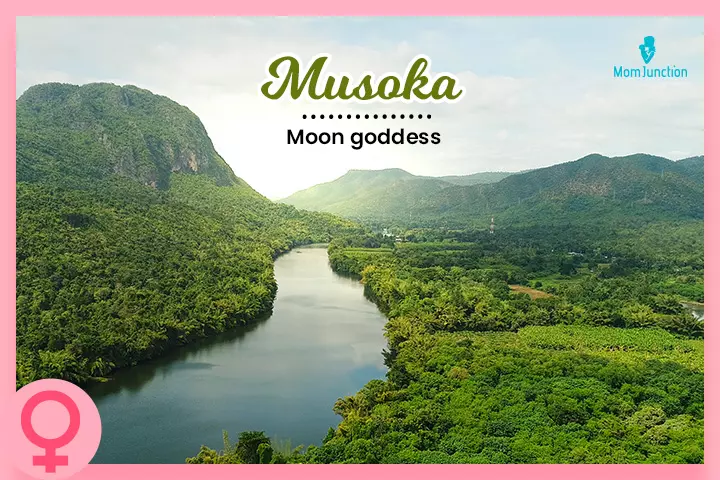
In Nyanga mythology, Musoka is the sister of Mukity, the river god. In contrast to Mukity’s control over fast and strong flowing water, Musoka commanded over the shallow and calm waters. She assisted the villagers in crossing the rivers using her serpents. Her name is pronounced as muh-soh-ka.
83. Musso Koroni
Musso Koroni is a trickster goddess of mayhem among the Bambara of Mali and Senegal. She is considered the first woman to be created. Musso Koroni is pronounced as moo-soh-koh-roh-ni.
84. Mweri
The moon goddess of the Nyanga people, Mweri (mway-rhee) watches over the Earth during the night. She can control what one sees in a dream and can send divine messages and nightmares.
85. Nambi
Daughter of the sky god Ggulu, Nambi and her sister were the ones who discovered the first man, Kintu, as per the Gandan creation myth. She eventually becomes Kintu’s wife and the mother of his children (1).
86. Nana Buluku
Revered as the supreme deity of numerous religions across West Africa, Nana Buluku was the mother of the moon spirit Mawu and the sun spirit Lisa. It is said that she retired after giving birth to Mawu-Lisa, and left the prefabricated universe to them for completion (23). Nana Buluku is pronounced as nana bu-lu-kooh.
87. Nomhoyi
Nomhoyi (nohm-ho-yei) is a female deity of the Zulu traditional religion in Southern Africa. She is believed to be the goddess of rivers.
88. Nut
A goddess of the sky in Egyptian religion, Nut is often portrayed as a nude woman arched over the Earth or a cow. It is said that she swallowed the sun at night and brought it back again in the morning (24).
89. Nyingwan Mebege
Worshipped by the Fang people of the Central African Republic, Nyingwan Mebege is associated with feminine energy, fertility, and the moon. She is one of the three supernatural beings that emerged from the cosmic egg created by Mebege. The name is pronounced as naying-wahn may-bay-gay.
90. Oduduwa
Oduduwa is the earth goddess of the Yoruba tribe. She is the chief creator of the Earth and its inhabitants. She is believed to be the consort of their supreme God, Olodumare, and the mother of Ogun (4). Oduduwa is pronounced as oh-doo-doo-wah.
91. Ogboinba
This Ijo mythological character Ogboinba (ohg-bwan-bah) is the God of second chances. The Ijo people believe that she lives in the eyes of a pregnant woman. They seek her blessings for the protection of children and pregnant women (25).
92. Olapa
The Maasai people of Kenya and Tanzania worshipped Olapa as the goddess of the moon. She was married to the sun god Enkai. The name is pronounced as oh-lapa.
93. Oshun
Oshun is worshipped by the Yoruba and other Western African tribes. She is a goddess of love and sensuality and is associated with divination. She is believed to be a consort of Shango (1).
 Trivia
Trivia94. Oya
In the Yoruba communities of western Africa, Oya is revered as one of the most powerful warrior goddesses. She is also a consort of Shango and is considered a governess of rain, thunder, wind, lightning, and other natural phenomena (4).
95. Pamba
In Ovambo mythology, Pamba (pahm-bah) is revered as the creator and patron of life itself. Pamba, meaning ‘chief,’ inspires the people to follow a matrilineal way of life, with the women of the household making major decisions of the family.
96. Sekhmet
Sekhmet (pronounced as saykh-met) is a part of the pantheon of gods in the ancient Egyptian religion and is one of the war gods. Her name means ‘she who is powerful’ or ‘one who loves Ma’at.’ She is associated with famines and disease as well as medicine and healing and is depicted as an ally of the Sun god Ra (26).
97. Velekete
A sea goddess in the folklore of the people of Badagry, Nigeria, Velekete has a shrine named after her called the Velekete Shrine. People from faraway towns visit to pay tribute. The name is pronounced as veh-leh-keet.
98. Woyengi
Known as the goddess of fate or destiny, Woyengi (pronounced as woh-yen-jee) is the one who created the Earth for the Ijo people of Nigeria. As per the legend, it is said that Earth was already filled with trees and animals when she first arrived. She created the first humans with clay and gave them a choice to choose their gender (25).
99. Yemaya
Yemaya (yeh-mah-yea) is depicted as a mermaid goddess in the Afro-Caribbean religion of Santeria. She is considered the mother of all living beings as it is believed that life started in the ocean (27). Her name means ‘mother whose children are the fish.’
100. Yemoja
A water spirit of the Yoruba tribe, Yemoja (pronounced as ye-moh-ha), is believed to be a benefactor of the rivers and streams of Nigeria and Cuba. She is primarily worshipped by women and her sacred river water is believed to cure infertility (4).
Discover More Names
When you have to choose a name for your baby, a few hundreds of names may not be just enough. Keep digging our mine of baby names until you find that one precious gem.
Illustration: Baby Names Inspired By African Gods And Goddesses

Image: Stable Diffusion/MomJunction Design Team
Frequently Asked Questions
1. How can parents ensure they are culturally sensitive when choosing African god and goddess baby names?
When choosing an African God or Goddess name, parents must research well about the name’s meaning, history, and cultural connotation. They must also understand the true essence of the name before picking it for their baby.
2. Can African god and goddess baby names be combined with other names to create unique names?
Yes. Parents may combine these names with other chosen names. However, ensure the final combined name has a good meaning and sounds appealing.
3. Can non-African parents use African god and goddess baby names for their children?
In most cases, African parents choose these names, but even non-African parents may do the same, provided they know the history behind the name and do not use it only to conform to the latest trends.
Some people may want to name their children after African gods and goddesses as a sign of reverence for them or to bestow their blessings on their children. In addition, giving your child a powerful mythological name can instill confidence and discipline in them when they grow up. Many people without an African origin may also find these names interesting and want to use them to name their children. If you’re one of them, this list of names with their meanings will help you choose the one that suits your preferences.
Infographic: Names Inspired By African Gods And Goddesses With Pronunciation
If you would like to name your baby after an African God or Goddess, then you are at the right place. In the infographic below, we bring baby names inspired by these deities and their pronunciation. Check it out and choose your favorite God name for your angelic baby.
Some thing wrong with infographic shortcode. please verify shortcode syntax
Key Pointers
- Names derived from African gods and goddesses hold profound cultural significance, reflecting the values and traditions of their communities.
- Africa’s diverse cultures feature unique pantheons of gods and goddesses, reflected in names derived from these deities, for example, Nhialic from the Dinka pantheon.
- Many deities, such as Abuk (God of rain and fertility) or Abora (God of sun and light), are associated with natural elements.
- Several names reflect strength and resilience, such as Sekhmet, the Goddess of War, and Ogun, the God of Iron and War.
African baby names may be given to honor the ancient Gods and Goddesses. Get more information about 12 African gods and goddesses from this video.
References
- Great Mythologies of the World.
https://cerritos.kanopystreaming.com/sites/default/files/2380_greatmythologies_3.pdf - K Ikechukwu Anthony et. al.; (2025); Amadioha in Igbo-African religion and the quest for ecological balance.
https://www.acjol.org/index.php/jassd/article/download/1927/1905 - Anubis.
https://www.worldhistory.org/Anubis/ - Dictionary Of Gods And Goddesses.
https://ia902803.us.archive.org/31/items/pdfy-oq2BfT0sB_7IP7Th/Dictionary%20Of%20Gods%20And%20Goddesses.pdf - Religion: African Religions.
https://library.tctc.edu/c.php?g=431883&p=5236510 - Duamutef: Canopic God Son of Horus.
https://exhibitions.kelsey.lsa.umich.edu/jackal-gods-ancient-egypt/duamutef.php - African Bushmen Creation Myth.
https://www.cs.williams.edu/~lindsey/myths/myths_14.html - Elif Kul; (2025); Supreme God In Traditional Dinka Religion: Nhialic/Geleneksel Dinka Dininde Tanrı Fikri: Niyalik.
https://www.academia.edu/92299816/Supreme_God_In_Traditional_Dinka_Religion_Nhialic_Geleneksel_Dinka_Dininde_Tanr%C4%B1_Fikri_Niyalik - Serer Creation Myth.
https://encyclopedia.pub/entry/32172 - Tano Boase Sacred Grove.
https://www.ncrc-ghana.org/tanoboasehome/ - Ahuna Mons and surroundings.
https://www.planetary.org/space-images/ahuna-mons-and-surroundings - Madagascar Creation Myth.
https://www.scilt.org.uk/portals/24/passeport2/educationscotland/Images/MadagascarCreationMyth_tcm4-730169.pdf - Nana Akua Oparebea and the Making of Akonnedi: A Portrait.
https://miasa.hypotheses.org/3476 - Replica of Anyanwu.
https://www.un.org/ungifts/replica-anyanwu - Amber Withers; (2025); Persistence of the Spirit: Kongo and Conjure in the Antebellum South Carolina.
https://escholarship.org/content/qt5w61j9nn/qt5w61j9nn_noSplash_18be496558290ce22e7eb0ab697fae53.pdf - Deep Blue: Critical Reflections on Nature Religion and Water
https://www.cambridge.org/core/books/abs/deep-blue/fertility-goddess-of-the-zulu-reflections-on-a-calling-to-inkosazanas-pool/70854FD3ACB489FE63828E0F9C785748 - Hathor.
https://egyptianmuseum.org/deities-hathor - Isis.
https://egyptianmuseum.org/deities-isis - Ma’at.
https://egyptianmuseum.org/deities-Maat - Mami Wata.
https://africa.si.edu/exhibits/mamiwata/intro.html - Marco Gherardi; (2025); South African Myths.
https://www.academia.edu/70442551/South_African_Myths - Menhit goddess of Egypt.
https://www.landofpyramids.org/menhit.htm - On category-mistakes and androgynous divinities.
https://tif.ssrc.org/2018/09/26/on-category-mistakes-and-androgynous-divinities/#:~:text=Supreme%20Being%20called-Nana%20Buluku%2C-famously%20recognized%20as - Nut.
https://egyptianmuseum.org/deities-nut - Creation Myths of the World.
https://uruk-warka.dk/news/2025%20different/21.pdf - Sekhmet.
https://egyptianmuseum.org/deities-sekhmet - The Goddess Yemaya.
https://orderwhitemoon.org/goddess/yemaya-of-the-sea/index.html
Community Experiences
Join the conversation and become a part of our nurturing community! Share your stories, experiences, and insights to connect with fellow parents.
Read full bio of Shikha Thakur
Read full bio of Srija Chanda Burman
Read full bio of N Pravenchandra Singh




